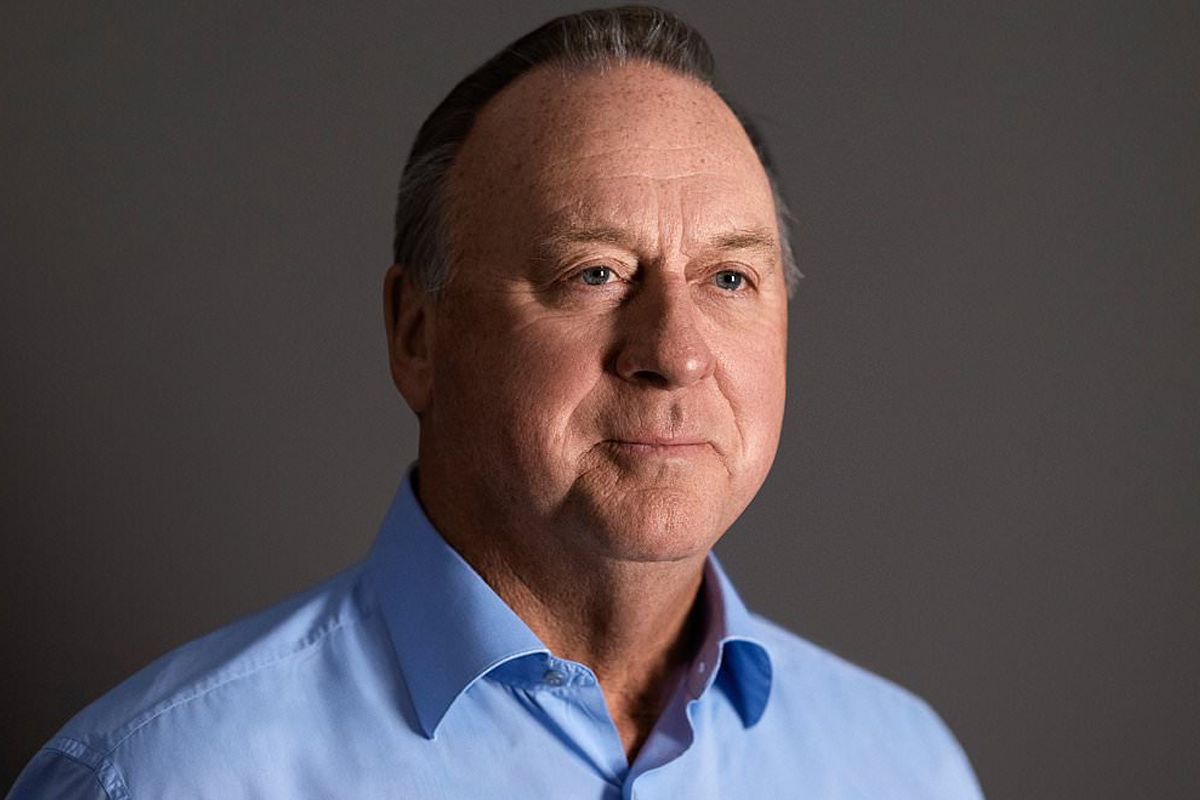A wealthy Australian businessman who has implemented a strict in-office policy has now declared that he does not want his staff leaving the office, even for brief coffee breaks.
Chris Ellison, the managing director of Mineral Resources, has implemented a policy requiring his staff to stay within the company premises for the entire workday. The top executive said he doesn’t want his staff to “leave the building” even during lunch or coffee breaks and wants to keep them “captive all day long.”
A Controversial Stand Against Remote Work
Ellison made these comments while highlighting the amenities offered at Mineral Resources’ two-year-old Perth headquarters, which he claimed employees “love.” These facilities include a restaurant, gym, and a newly opened daycare.
While presenting Mineral Resources’ full-year 2024 financial results, Ellison, a billionaire with a net worth of $1.2 billion (via Forbes), expressed his intention to employee movement outside the workplace, saying, “I want to hold them captive all day long. I don’t want them leaving the building.”
“I don’t want them walking down the road for a cup of coffee; we figured out a few years ago how much that costs,” Ellison explained. “Wandering out around lunchtime, we’ve got a restaurant in there [the office], we’ve also got a gym, and we’ve got other facilities that keep them glued in there,” he added.
The 67-year-old entrepreneur clarified his stance on remote work, stating that he has a no-work-from-home policy and encourages others to follow suit. He insisted that the industry cannot afford to pay employees for a full workweek when they are only working three days.
While remote work was common during the pandemic, many companies in the US and abroad are now imposing restrictions on it. In recent years, several CEOs have required employees to return to the office, partially or fully, arguing that remote work negatively impacts productivity.
Billionaire Elon Musk has condemned remote work as “morally wrong” and “bulls***.” In 2023, Goldman Sachs mandated a five-day workweek for its employees, while tech giants Google and Amazon required staff to come into the office at least three days a week.
In contrast, Nobel Prize-winning economist Christopher Pissarides predicted that AI tools like ChatGPT would lead to a four-day workweek.
Company-Provided Amenities And Perks
Ellison stated that Mineral Resources had opened its daycare to attract employees to the office and make the mining industry more accessible to women.
He highlighted that female employees spent as much as 180 AUD ($122) per day on childcare, while the company daycare would be significantly more affordable at 20 AUD ($14). “Drop the little tykes off next door,” said Ellison.
“We’ve got doctors and nurses on board. We’re going to feed them, but Mum and Dad will be working in our office,” he said. Ellison is not alone in implementing a no-work-from-home policy.
Last week, the head of London-based smartphone maker Nothing emailed all employees to inform them that hybrid work would no longer be permitted and that the company would be transitioning to a fully in-office work arrangement.
“I know this is a controversial decision that may not be a fit for everyone, and there are definitely companies out there that thrive in remote or hybrid setups,” he wrote in the email. “But that’s not right for our type of business and won’t help us fully realise our potential as a company.”







